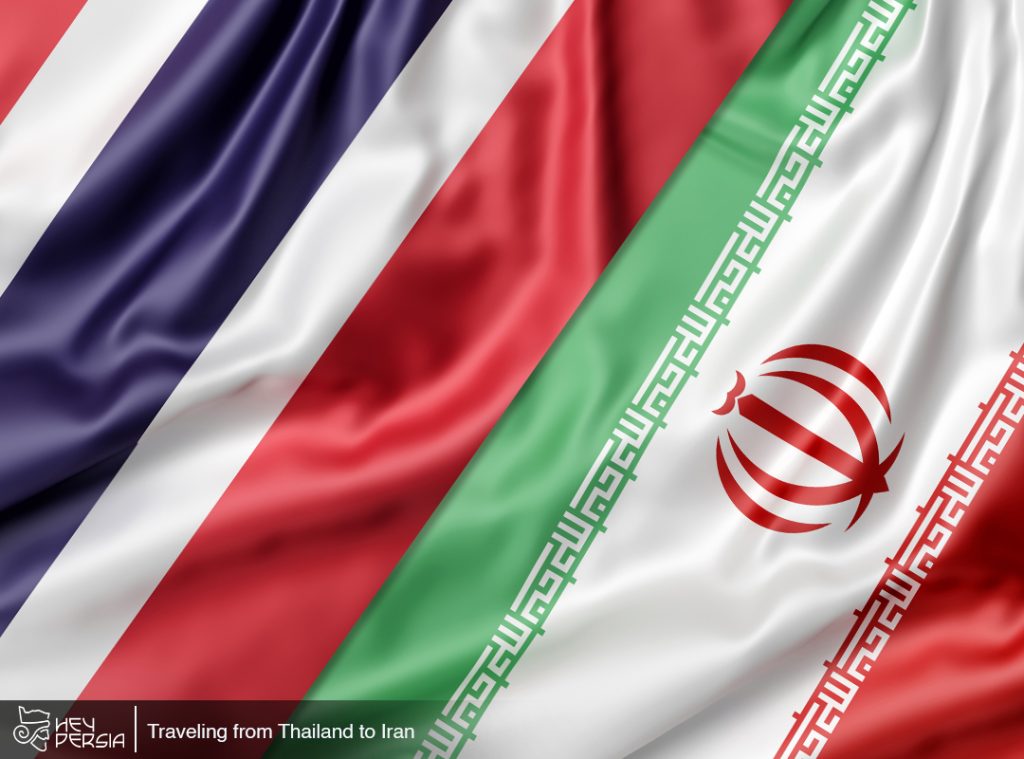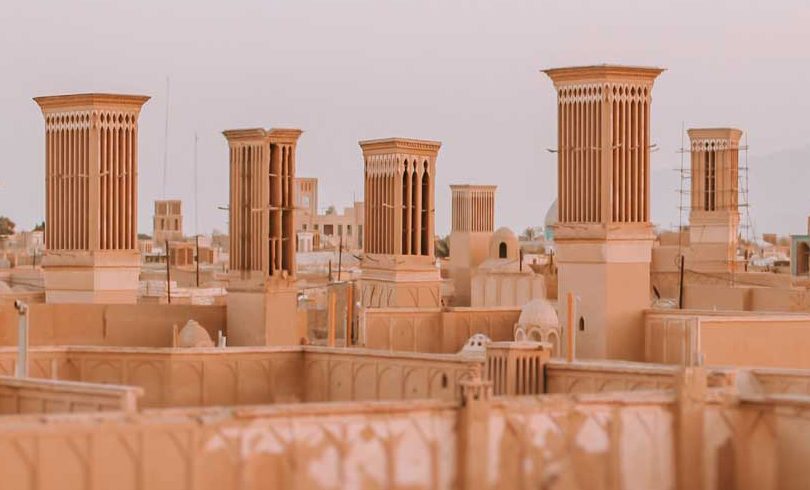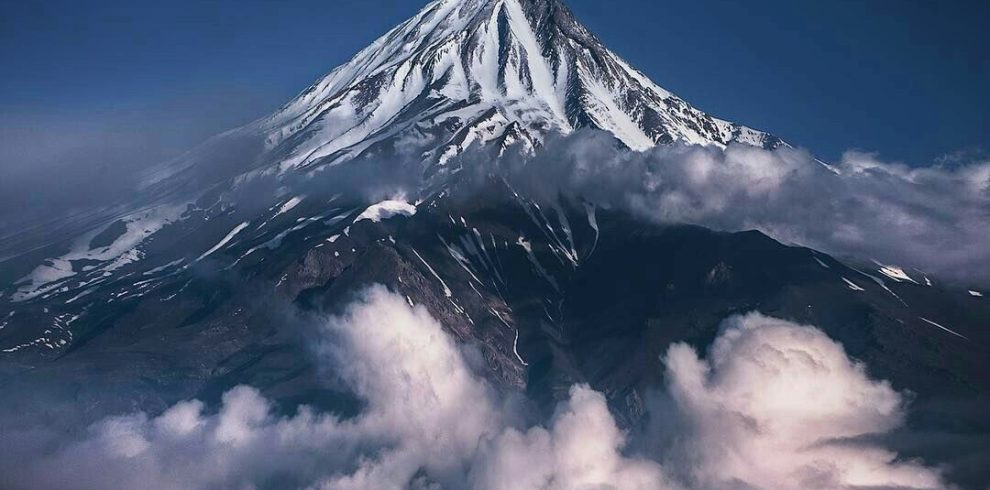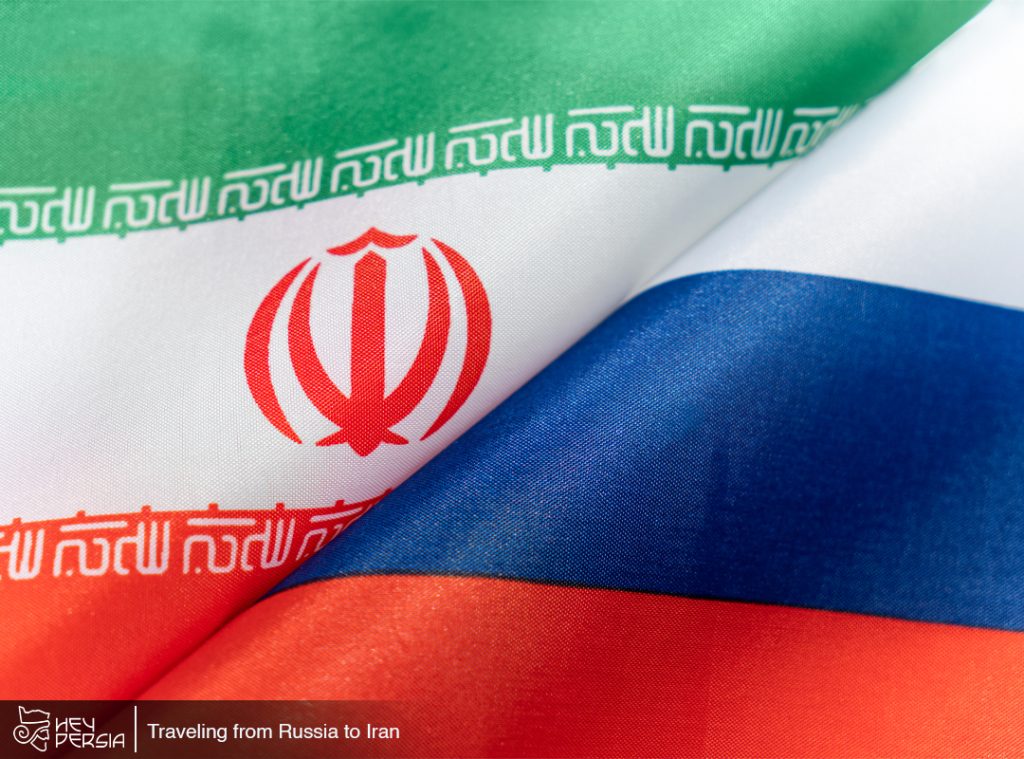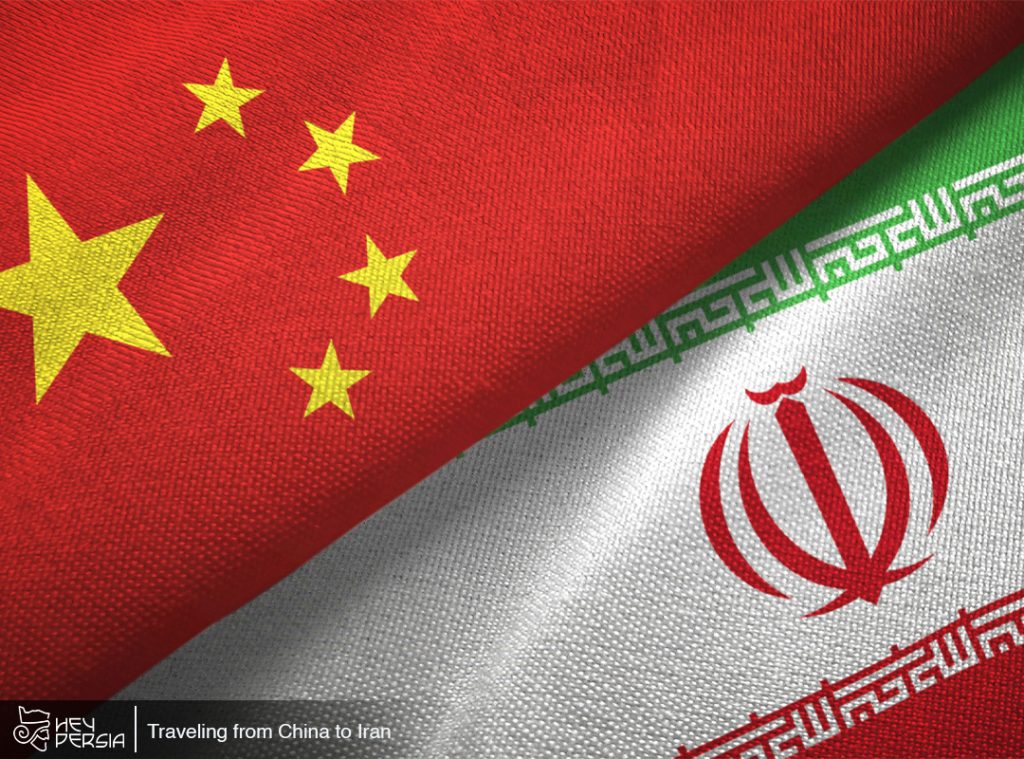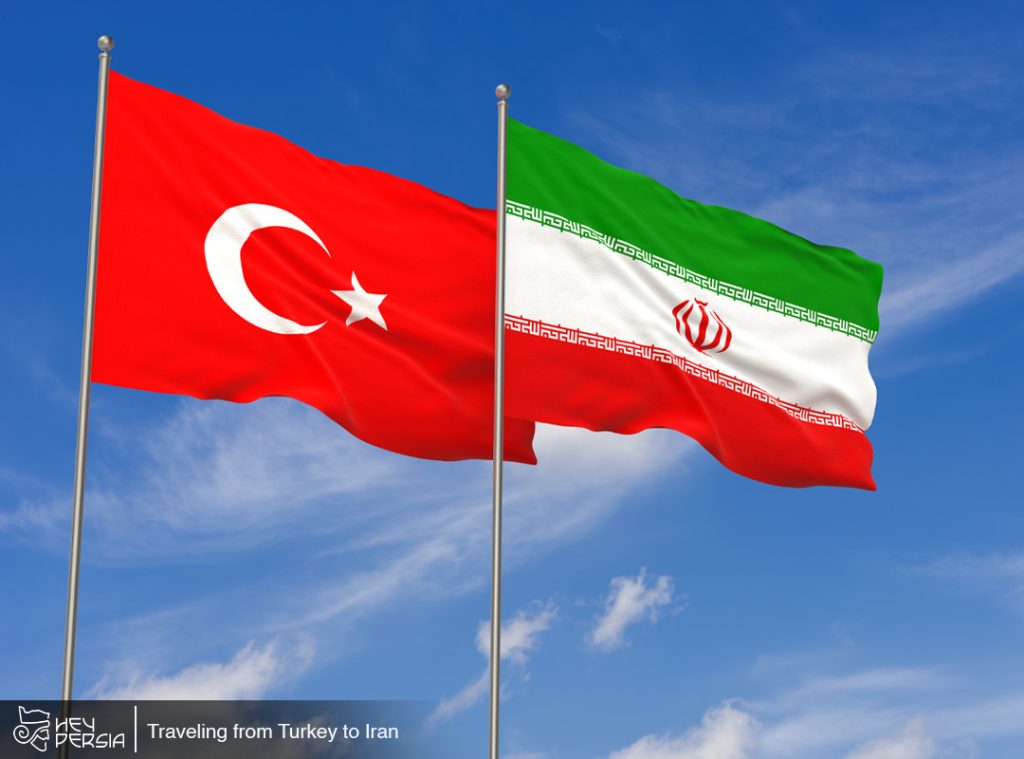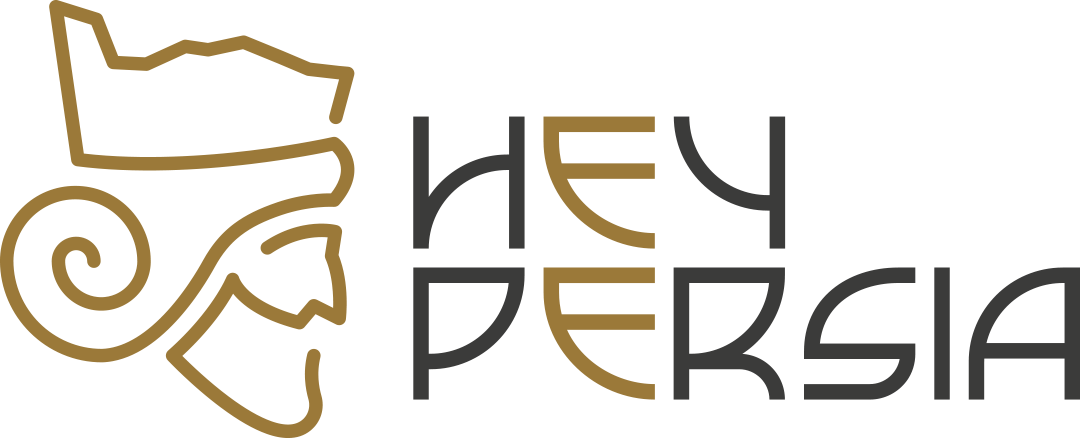Iran, with its rich history, stunning architecture, and diverse landscapes, has become an increasingly popular destination for tourists from around the world, including Thailand. However, traveling to Iran from Thailand requires careful planning and awareness of visa requirements, cultural norms, and must-visit attractions. This article serves as a guide for Thai tourists interested in exploring the wonders of Iran. Stay with Hey Persia to learn more.
Visa Requirements for Traveling to Iran from Thailand
Thai tourists planning to visit Iran must obtain a tourist visa before their trip. The visa application process typically involves the following steps:
1. Contact the Iranian Embassy or Consulate in Thailand or the nearest Iranian diplomatic mission to inquire about visa requirements and obtain the necessary application forms.
2. Complete the visa application form and provide all required documentation, including a valid passport, passport-sized photos, and an invitation letter from an Iranian host or a tour operator.
3. Pay the visa application fee as required by the Iranian authorities.
4. Submit the visa application to the Iranian diplomatic mission in Thailand.
5. Wait for the visa approval, which can take several weeks. Once approved, you’ll receive a visa sticker in your passport.
Visa on Arrival (VoA)
Iran also offers Visa on Arrival (VoA) facilities to travelers from certain countries, including Thailand. However, VoA is not available at all entry points, so it’s essential to check whether your intended arrival point in Iran offers VoA services. Even with VoA, it’s advisable to have the necessary documentation and pre-arranged accommodations.
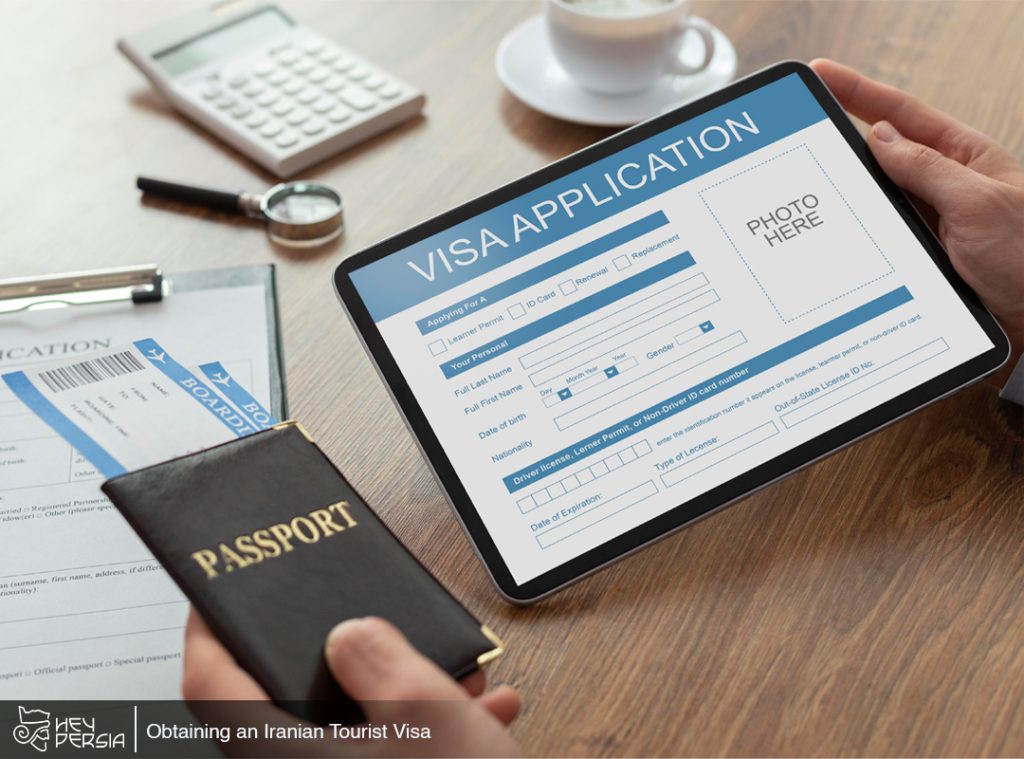
Clothing and Dress Code to know for Traveling to Iran from Thailand
Iran has a conservative dress code, particularly for women. While visiting, female tourists are required to cover their hair with a headscarf (hijab) and wear loose-fitting clothing that covers the arms and legs. Men should also dress modestly. It’s essential to respect local customs and adhere to the dress code in public places.
Social Etiquette
Iranians are known for their warm hospitality and politeness. Greeting locals with a smile and showing respect for their customs and traditions will go a long way in creating positive interactions during your trip. It’s customary to remove your shoes when entering someone’s home.
Currency Exchange used in Traveling to Iran from Thailand
The official currency of Iran is the Iranian Rial (IRR). However, in daily transactions, Iranians commonly use the Toman, which is equivalent to 10 Rials. Currency exchange services are widely available in major cities, and you can exchange Thai Baht (THB) for Iranian Rials at exchange offices, banks, and even some hotels.
Cash vs. Cards
While credit and debit cards are becoming more accepted in larger cities and tourist areas, it’s advisable to carry sufficient cash, especially when traveling to more remote regions. International cards might not be accepted everywhere, so having cash on hand is essential for daily expenses.
Historical Sites
Iran boasts a wealth of historical and cultural attractions, including the ancient city of Persepolis, the magnificent mosques of Isfahan, and the stunning Golestan Palace in Tehran. Don’t miss the chance to explore these historical gems, which offer a glimpse into Iran’s rich heritage.
Natural Wonders
Iran’s diverse landscapes offer opportunities for outdoor enthusiasts. Explore the lush forests around Rudkhan Castle, hike the picturesque Alamut Valley, or visit the mesmerizing Lut Desert, home to unique geological formations.
Culinary Delights
Iranian cuisine is a treat for the senses. Savor dishes like kebabs, biryani, and traditional stews like ghormeh sabzi and fesenjan. Don’t forget to try the aromatic saffron ice cream and sip on Persian tea in a traditional teahouse.
Getting Around
Iran has a well-developed transportation network that includes buses, trains, and domestic flights. The intercity bus system is extensive and affordable, making it a convenient way to travel between cities. Trains offer a comfortable option for longer journeys, and domestic flights are available for those covering vast distances.
Language
The official language of Iran is Persian (Farsi). While many Iranians speak English to some extent, it’s helpful to learn a few basic Persian phrases or carry a translation app to facilitate communication, especially in more remote areas.
Traveling to Iran from Thailand and all the cool events
Traveling to Iran from Thailand can be a rewarding experience for tourists seeking to explore a land rich in history, culture, and natural beauty. By understanding visa requirements, respecting local customs, and embracing the unique attractions Iran has to offer, Thai tourists can embark on a memorable journey through this captivating country. Whether you’re exploring ancient ruins, savoring Persian cuisine, or admiring stunning landscapes, Iran has something to offer every traveler with a sense of adventure and a curiosity about its unique culture and heritage.

